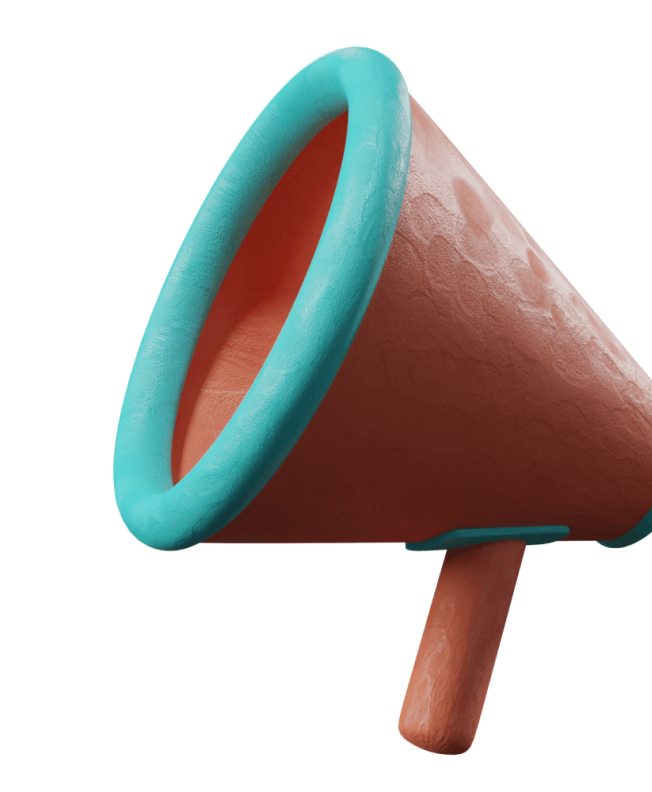
by Google
ChatGPT is used almost daily. We use it to write articles, prepare assignments, answer emails... and when we really don't know how to formulate something, we simply leave it to it. It can be smart, fast, funny and most importantly, it can relieve us of tedious thinking. Sometimes we just give it a topic and in a few seconds we have a finished proposal. All we have to do is fine-tune and send.
At first we may feel good about ourselves, but after a while? A new study from MIT (Massachusetts Institute of Technology) examines how using ChatGPT affects the brain. Read on!
What does the MIT study say?
The research was conducted by a team of scientists from the prestigious Massachusetts Institute of Technology, who decided to find out how using tools like ChatGPT affects us, specifically our brains. They took 54 people and divided them into three groups. They all had the same task: to write a short text.

The first group had to do it completely on their own without the help of technology, the second could use Google to search for information, and the third had a large language model, something like ChatGPT. The scientists measured the participants' brain activity using EEG. This allowed them to monitor exactly which parts of the brain were involved during writing and how intensively they worked.
The results?
It turned out that people who wrote with the help of AI had significantly lower brain activity, not only when writing, but also when thinking, making decisions or processing information. What's more, texts created with the help of AI were less original, less "theirs" and the participants remembered them worse.

This means that if we get too used to the help of artificial intelligence, our brain can get used to resting. And when we try to get it back into working order, it’s not so easy.
What this means for you (and all of us)
You may have noticed that you’ve been having a harder time remembering things that you’ve “written” lately. Sometimes, even after a few days, you can’t remember what you actually sent to a client or colleague. If you’re a content creator, whether at work, school, or for your own project, you may have noticed that the creative process has become just a quick exchange with ChatGPT.
The output may be fast and error-free, but it often doesn’t feel like your own. And this is a trend that’s not just about you. It is now common in school for students to have entire essays written by artificial intelligence. At work, it may seem like efficiency, but when someone asks you later what you actually meant, you often have no idea because you didn't create the content.
How to keep your own thinking even in the age of AI
Artificial intelligence can help you, but it must not replace you. To maintain your critical thinking, creativity and memory, a few simple habits are enough, which will not take up much of your time, but will help your brain a lot.
1. Think for yourself first, then ask AI - Before you write something in ChatGPT, try to formulate your own thoughts for a while. Write them down on paper or at least analyze them in your head and then let AI develop what you have already created, not the other way around.
2. Verify facts - Don't rely on the first answer and think about what the answer is based on. AI doesn't know what is true, it only assumes what the correct answer could be, so it is important to verify facts from multiple sources.

3. Write something by hand sometimes - It sounds old-fashioned, but it works. When you write by hand, your brain engages different parts than when you click on the keyboard. The process is slower, but this is what forces you to think deeper and more purposefully.
4. Return to the content you created - Don't see the AI output as the final product. If it helped you write something, read it again later. Rework, add, correct. Think about how you would say it in your own words. Each re-edit activates your analytical thinking and memory.
Return to yourself
Technology can relieve our heads of many things today, and in the future it will be even more significant. But that doesn't mean that you should stop thinking. Quite the opposite.

Final exercise
Next time you write a text, post, assignment, or anything creative, don't use ChatGPT or any other tool. Just you, your head, and your own idea. Then try writing the same text again, but with the help of AI and compare. Which of the two texts suits you better? Which do you remember better? Which would you sign?







